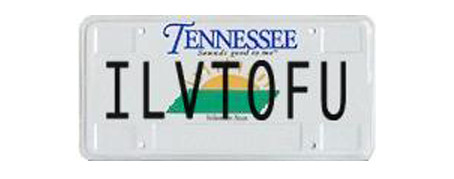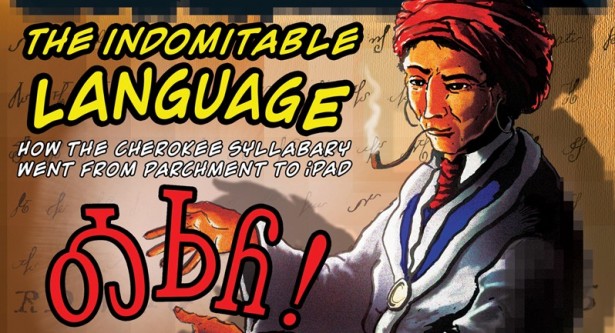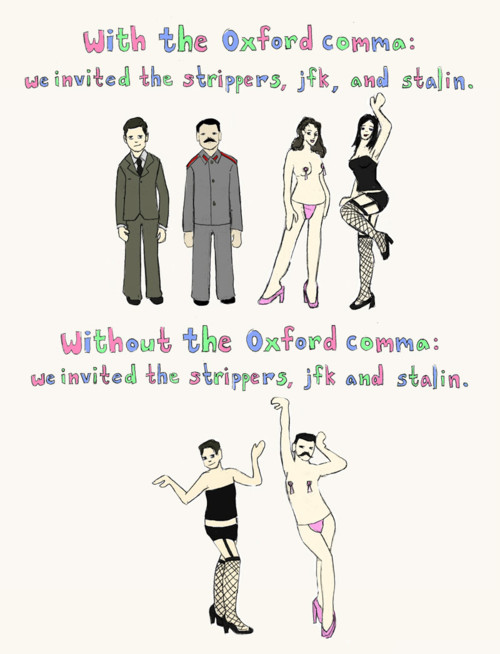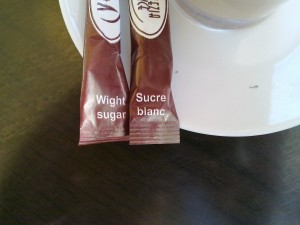Uptick in spam comments
Stock markets are down around the world, but the flow of spam comments continues to increase. Three weeks (21 days) ago, our spam comments counter stood at 1,008,782. As of this morning, it's at 1,140,742, for an increment of 131,960 in 21 days. This is 6,284 per day, or 2,293,591 per year.
I've long since given up scanning the spam trap for real comments that the automatic algorithms have caught by mistake, though I'm sure that there are still a few of these. (Note that even if the false alarm rate is very low, say a tenth of a percent, there would still be a half a dozen innocent victims a day. I believe that in fact the rate is a bit lower than that, but it's not zero.)
Read the rest of this entry »
Permalink Comments off






 Strippers, JFK, and Stalin
Strippers, JFK, and Stalin